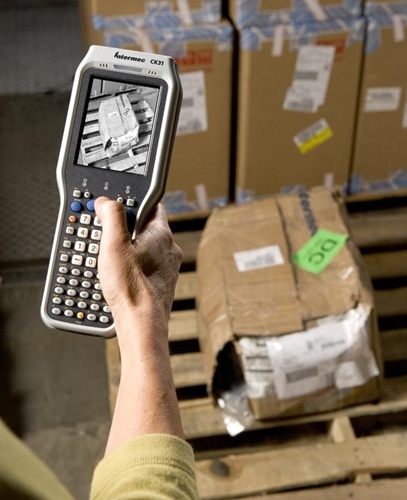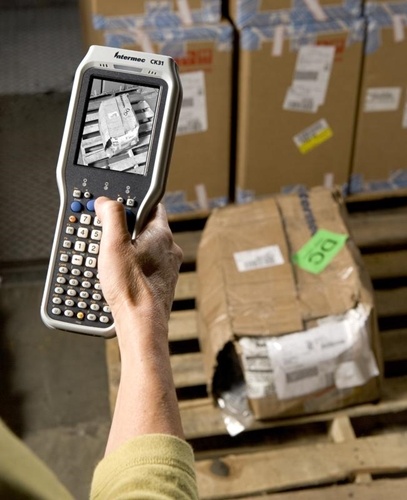
To remain competitive in their respective markets, companies need to constantly reevaluate their business operations to determine if they can do things better or more efficiently. Efficiency in a business means more things can get done in a smaller amount of time – something that will eventually lead to increased productivity and, in the long run, a larger bottom line. For many of their needs, companies turn to technology to help develop more efficient processes. When it comes to getting rid of excess in your warehouse, mobile technology can offer an easy solution.
Here are three ways mobile data collection will help your company eliminate waste in your warehouses:
1. Better Identification of Waste
According to a Logistics Management white paper titled, “Eliminate Costly ‘Waste’ in the Warehouse with Mobile Power,” the most important part about getting rid of unwanted items and processes in the warehouse is to first identify them. Mobile data collection can help companies more easily and quickly point out what could be better in their operations to reduce warehouse waste. For instance, a company that manufactures more of a product than it is selling would be able to identify that as an important contributor to warehouse waste.
2. Cut Out Anti-Productive Processes
When workers are using mobile technology connected to the enterprise resource planning software used by a company, this can cut down on the amount of time spent between inventory control and other business operations. Mobile technology can give workers everything they need right at their fingertips, including crucial data necessary to run the warehouse. Employees who don’t have to spend their time looking up statistics or running back and forth in the facility can better assess what the company needs and can act accordingly.
A 2012 survey by VDC Research about the usefulness of mobile technology for businesses pointed out the reduction in paper that results from mobile technology.
“It also eliminates the errors and delays associated with a paper-based operation,” Mike Maris, senior director for transportation, distribution and logistics for Motorola solutions, told Logistics Management. “This improves accuracy, adds efficiency and improves the speed of how you do business.”
3. Reduce Excess Inventory
Inventory waste can be a killer for your business. Whether extra items show up due to production miscalculations or the simple fact that they have been “lost” somewhere in the supply chain, it’s important to identify them and get the excess out of your warehouse. Uncounted items take up too much space in the warehouse and can cost you money in extra handling fees and high interest charges, not to mention all the manpower you’re losing when you send workers to try to find the excess items. However, inventory management can be made easier when workers using mobile devices can scan items and automatically upload them to your company’s existing ERP software. In fact, mobile data collection can help eliminate miscalculations that can lead to overproduction.
The 2012 VDC Research survey indicated one of the most important aspects of mobile technology solutions is that they improve inventory accuracy, according to Logistics Management.
“Logistics professionals want access to accurate information and data, and they want to be able to proactively act upon it,” said Bruce Stubbs, director of industry marketing for Intermec. “The faster you get information that is actionable, the quicker you move a step ahead of your competition.”
When companies know where their inventories are and exactly how much of certain products are taking up shelf space in their warehouses, they are more likely to know how much of a certain product they need to manufacture and subsequently move. It reduces the cost and time spent with extra inventory that isn’t going to make the company any money.






